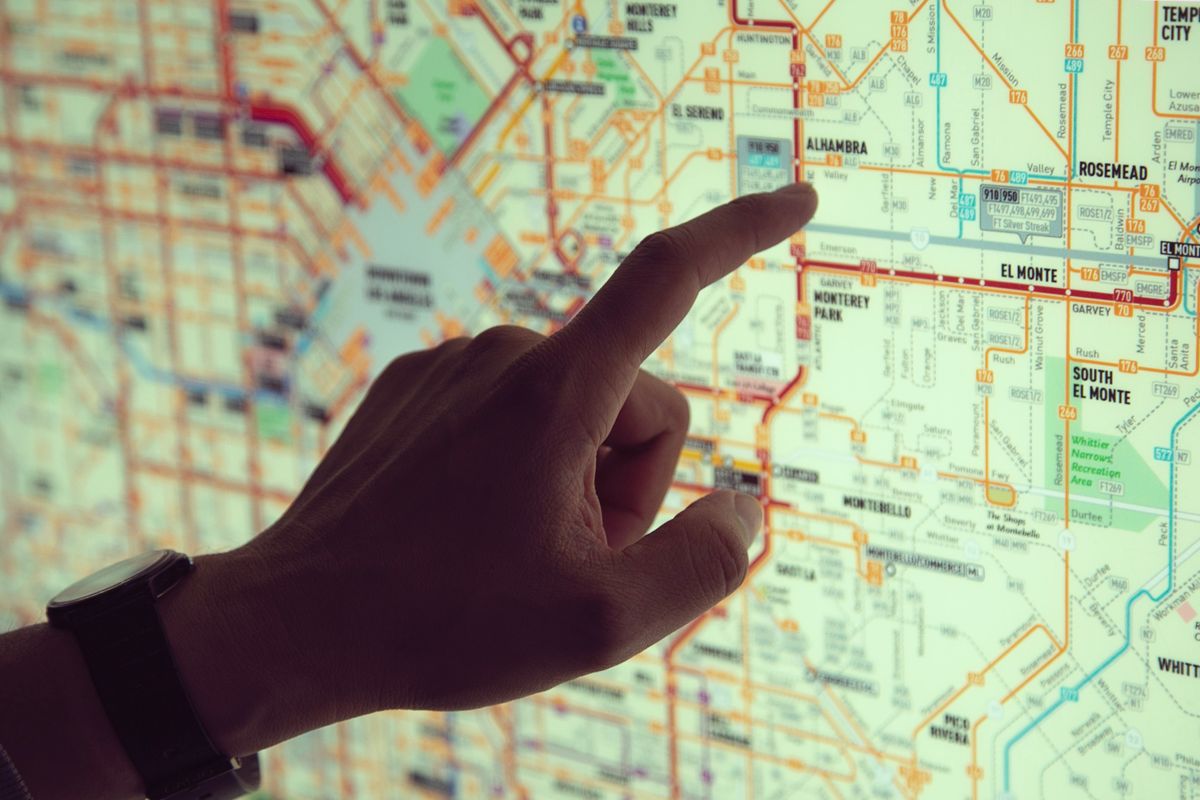When Committing to Your Goals Stops Being a Good Thing
I thought making plans gave me control over my life, but I was wrong.

I’m a big planner guy. I make plans almost compulsively. When my wife and I wanted to go to the local food festival with a few friends, I made a plan for how we could maximize the number of stalls we could hit without standing in line all day. As soon as I got food from one stall, I immediately rushed our friends to the next ones. God bless my friends for patiently following me along instead of telling me to chill the fuck out.
It’s not like I even enjoy making plans. The reason I do it is because I buy into the illusion that, by making plans, I can control the future. Of course, I can’t. It sounds ridiculous even as I type it out. But then what are plans actually for?
Plans are about the present, not the future
The description of plans in Oliver Burke’s Four Thousand Weeks resonates with me: because certainty is not guaranteed, our plans are nothing more than statements of intent. They're good for exactly that reason: they clarify your intent in the present. They're not guarantees of what will happen, and they're not protections against the unexpected. Plans are incredibly fragile because they're based on who we are and what we know now, not based on what will happen in the future.
When we worry about the future, we use plans to comfort ourselves in the present.
But I’m learning a better way of engaging with the future. Instead of compulsively holding onto plans to address my anxiety, I’m trying to be more curious. I’ll ask myself why I’m worried, or what I’m anxious about. I still use plans to clarify my intent (after all, it’s not a bad thing to sketch out how you want to spend your day, week, or month), but I don’t pretend that my plans are a way to protect myself from the unexpected. It’s made me a lot more open to changing my plans, allowing me to be more flexible.
We should break (some) of our commitments
I’ll go even further. In some situations, I think changing our plans frequently is actually a good thing. How many of us are holding ourselves to a commitment we made when we were completely different people? How many of us are holding ourselves to commitments that no longer apply to who we are or what we believe in? I don’t want to hold myself to the plans I made when I was seven; why would I let a seven-year-old determine my decisions today?
And yet, that’s what I used to do. I used to follow a dream that didn’t make sense for me anymore because I thought changing my plans made me a quitter.
We think our plans are based on outcomes, but we should see our plans as fluid and constantly shifting, not as set in stone. That's because who we are is fluid and constantly changing. We should not hold ourselves to a past version of us who might have had different intents or different priorities. Our plans reflect who we are now, and allowing our plans to change is also allowing ourselves to change. If I wanted to draw comics ten years ago and I build my life around that goal, but today I don't want to draw comics, then why should I hold myself to that?
If my goalposts don't reflect who I want to be today, then they should absolutely change.
If you enjoyed this piece, consider subscribing to the email newsletter. New work goes live every Monday!
